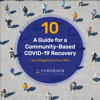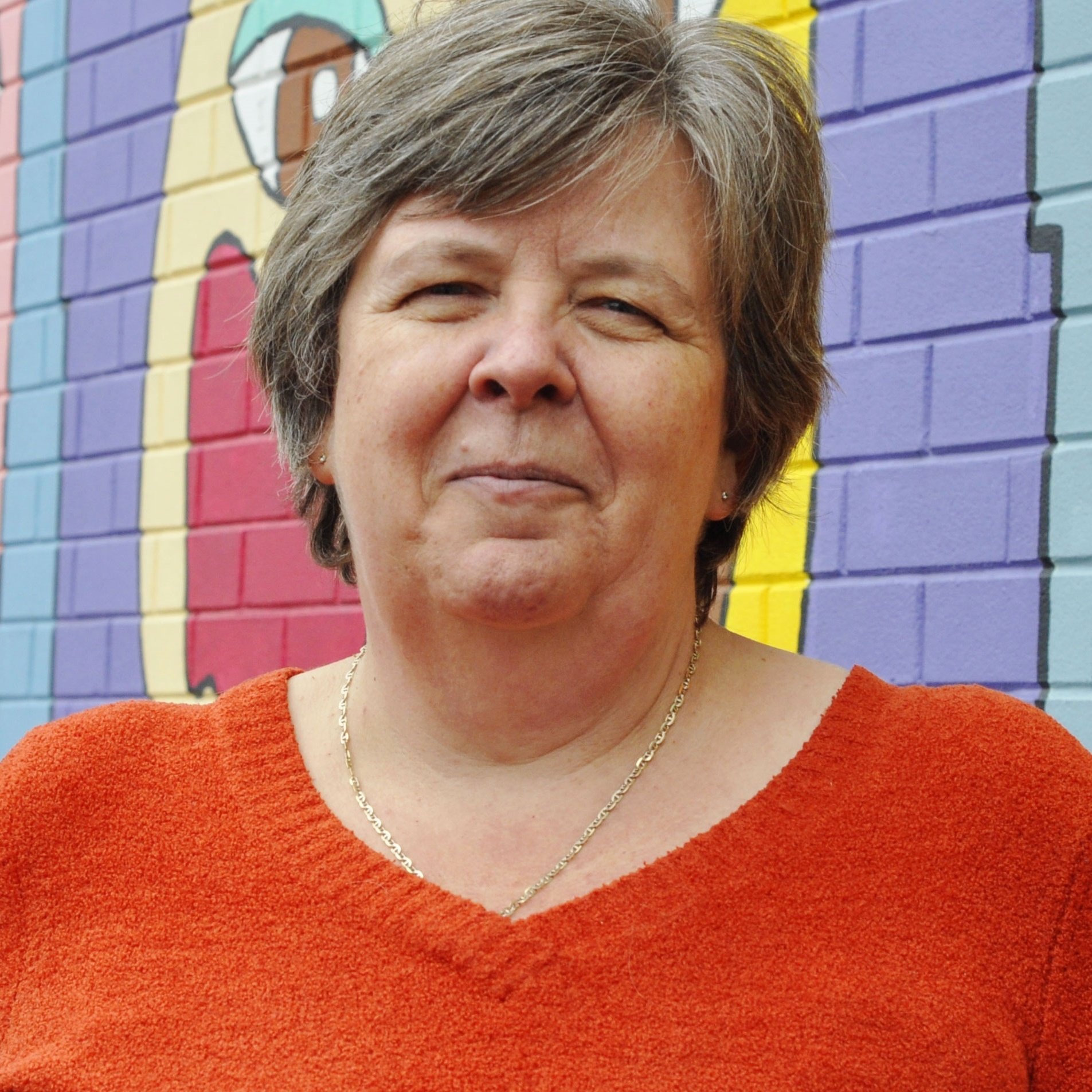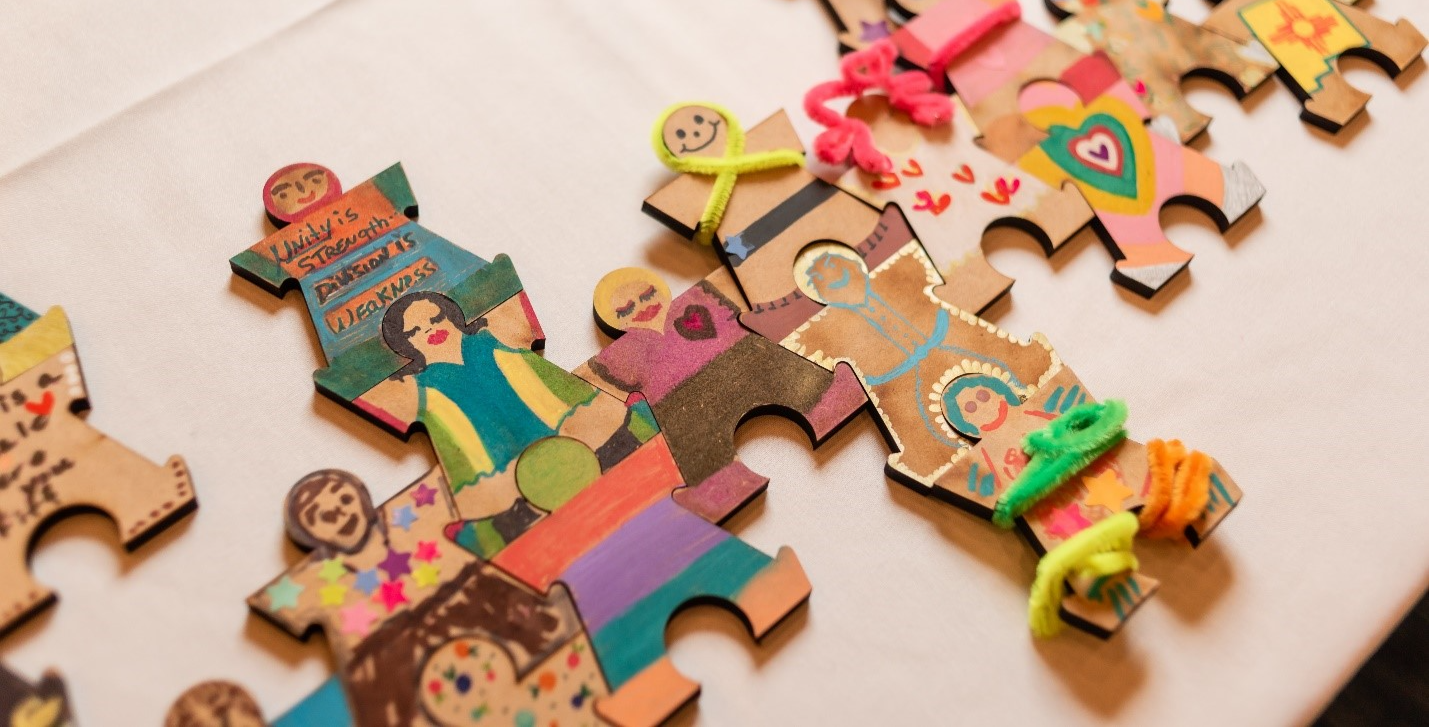Tamarack Institute is recognized for the original content that team members and colleagues contribute to advancing the practice of community transformation and impact. Articles, tools, thought pieces and case studies are regularly accessed, cited and downloaded by Tamarack learners, scholars and practitioners.
Getting up to speed
To start your 2022 off right, we’ve identified the top 10 resources accessed by our members last year. We invite you, if you haven’t already accessed these resources, to read through the list and download a guide, tool, paper, or resource that might influence your thinking in 2022.
1. Index of Community Engagement Techniques
 What you will learn: Deep community change includes involving all voices in the conversation. We are good at engaging those we already know, but deeper engagement requires us to reach out to those we don’t often engage or involve. This index of community engagement techniques will provide practitioners with the tools, approaches, and insights to take your community engagement practice to the next level in 2022.
What you will learn: Deep community change includes involving all voices in the conversation. We are good at engaging those we already know, but deeper engagement requires us to reach out to those we don’t often engage or involve. This index of community engagement techniques will provide practitioners with the tools, approaches, and insights to take your community engagement practice to the next level in 2022.
Page accessed 2.36K times
2. The Community Engagement Planning Canvas
What you will learn: A simple, but useful tool is the Community Engagement Planning Canvas. Across the two pages of the planning canvas, you will be able to build your engagement strategy including identifying the purpose of the engagement process, accessing the engagement spectrum, and then purposefully considering who to engage.
Page accessed 1.93K times
3. 10 – A Guide for Community-Based COVID Recovery
 What you will learn: Even though COVID has dominated our plans over the past two years, there are many organizations and collaboratives which have navigated their way through this period with great success. This 10 Guide reveals 10 stories of communities coping through the pandemic and provides 10 ideas for developing a community based COVID recovery strategy. There is a light at the end of the tunnel.
What you will learn: Even though COVID has dominated our plans over the past two years, there are many organizations and collaboratives which have navigated their way through this period with great success. This 10 Guide reveals 10 stories of communities coping through the pandemic and provides 10 ideas for developing a community based COVID recovery strategy. There is a light at the end of the tunnel.
4. Collective Impact 3.0
 What you will learn: This paper, Collective Impact 3.0, published in 2016, continues to be an important and relevant contribution to the field of collective impact. In the paper, authors Mark Cabaj and Liz Weaver, build on the collective impact framework and provide practical suggestions for evolving the practice of collective impact. The paper continues to be accessed by collective impact practitioners worldwide.
What you will learn: This paper, Collective Impact 3.0, published in 2016, continues to be an important and relevant contribution to the field of collective impact. In the paper, authors Mark Cabaj and Liz Weaver, build on the collective impact framework and provide practical suggestions for evolving the practice of collective impact. The paper continues to be accessed by collective impact practitioners worldwide.
Page accessed 1.83K times
5. 10 – A Guide for Engaging People with Lived and Living Experience
 What you will learn: The first 10 guide that Tamarack published was co-developed through the shared wisdom of individuals with the lived and living experience of poverty. Originally published in 2019, this 10 guide has continued to influence how Tamarack and our partners consider who to include in advancing community change and impact approaches.
What you will learn: The first 10 guide that Tamarack published was co-developed through the shared wisdom of individuals with the lived and living experience of poverty. Originally published in 2019, this 10 guide has continued to influence how Tamarack and our partners consider who to include in advancing community change and impact approaches.
Page accessed 1.77K times
6. Asset-Based Community Development At-a-Glance
 What you will learn: Asset-Based Community Development (ABCD) is an approach focusing on the assets or gifts which exist in all individuals and communities. Rather than taking a problem-based approach, ABCD builds on and leverages community strengths to address complex challenges. This at-a-glance resources is a useful overview of the ABCD approach which has influenced Tamarack since its inception. (Aussi disponible en français.)
What you will learn: Asset-Based Community Development (ABCD) is an approach focusing on the assets or gifts which exist in all individuals and communities. Rather than taking a problem-based approach, ABCD builds on and leverages community strengths to address complex challenges. This at-a-glance resources is a useful overview of the ABCD approach which has influenced Tamarack since its inception. (Aussi disponible en français.)
Page accessed 1.44K times
7. Solving the Puzzle of Collaborative Governance
 What you will learn: Collaborative governance is unique as the organizations and individuals around the collaborative table share power, resources, and practice. This Tamarack paper draws from the experiences of practitioners who shared their collaborative governance successes and challenges. It describes a core set of documents which support the collaborative governance journey.
What you will learn: Collaborative governance is unique as the organizations and individuals around the collaborative table share power, resources, and practice. This Tamarack paper draws from the experiences of practitioners who shared their collaborative governance successes and challenges. It describes a core set of documents which support the collaborative governance journey.
Page accessed 1.44K times
8. Assessing the Effects of Local Intersectoral Action
 What you will learn: Tamarack partnered with CACIS and others in Quebec to develop a tool which helps communities determine their impact. Fundraising to install a bench in a local park involves many levels of impact from raising financial resources, working with local government, and developing local partnerships. This tool helps community change leaders to better understand the transactional and transformational impacts resulting of local activities and action. (Aussi disponible en français.)
What you will learn: Tamarack partnered with CACIS and others in Quebec to develop a tool which helps communities determine their impact. Fundraising to install a bench in a local park involves many levels of impact from raising financial resources, working with local government, and developing local partnerships. This tool helps community change leaders to better understand the transactional and transformational impacts resulting of local activities and action. (Aussi disponible en français.)
Page accessed 1.31K times
9. Community Engagement – A Foundational Practice of Community Change
 What you will learn: Several resources on this list focus on effective community engagement practice. It signals that our learners are seeking tools and resources that help them go deeper and learn more about strategies, tools and resources that will influence community change. This paper recognizes the foundational nature of engagement and co-design in community change efforts.
What you will learn: Several resources on this list focus on effective community engagement practice. It signals that our learners are seeking tools and resources that help them go deeper and learn more about strategies, tools and resources that will influence community change. This paper recognizes the foundational nature of engagement and co-design in community change efforts.
Page accessed 1.27K times
10. 10 – A Guide for Advancing the Sustainable Development Goals in Your Community
 What you will learn: In 2021, Tamarack launched a new Vibrant Community focus – Community Climate Transitions. The intent of this focus is to engage community members in the conversation about climate transitions with a specific focus on the United Nations Sustainable Development Goals. This 10 guide weaves together 10 stories, 10 ideas and 10 useful resources for communities and changemakers.
What you will learn: In 2021, Tamarack launched a new Vibrant Community focus – Community Climate Transitions. The intent of this focus is to engage community members in the conversation about climate transitions with a specific focus on the United Nations Sustainable Development Goals. This 10 guide weaves together 10 stories, 10 ideas and 10 useful resources for communities and changemakers.
Page accessed 1.25K times






